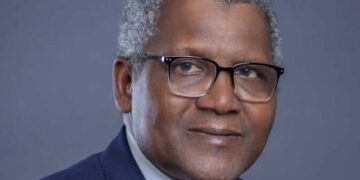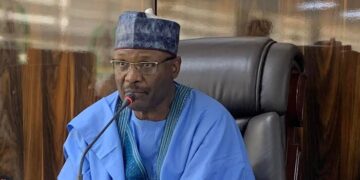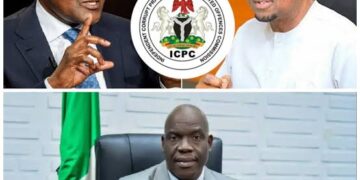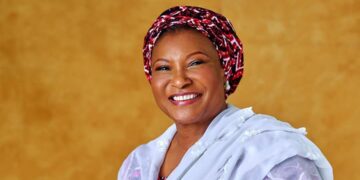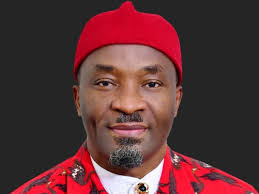By Nelson Ogbu
In a bold and far-reaching submission to the North Central public hearing House of Representatives Committee on the Review of the Constitution of the Federal Republic of Nigeria 1999, holding today in Lafia, Nasarawa State, Benue South Peace and Unity Forum, also known as the Benue Rebirth Movement (BRM), has presented a consolidated proposal advocating for constitutional amendments aimed at promoting equity, national unity, and political stability in Nigeria.
The proposal, presented by Chief Odatse-Peters Kelvin, Ph.D, outlines three major areas of reform: the institutionalization of rotational governance, the creation of Apa State from present-day Benue State, and the granting of constitutional immunity to first-class traditional rulers.
Power Rotation for Inclusive Governance
BRM is calling for a mandatory rotational governance framework across the presidency, governorship, senate, and House of Representatives. The Forum argues that institutionalizing power rotation is critical to remedying historical marginalization, ensuring political inclusivity, and enhancing democratic stability.
Quoting the document: “This amendment is not mere political accommodation; it is a fundamental prerequisite for addressing Nigeria’s deeply entrenched marginalization patterns and ensuring sustainable national unity.”
The Forum supports the current legislative move to alter Sections 48 and 49 of the 1999 Constitution, which would mandate rotational representation within each geopolitical zone starting after the current legislative cycle.
Strong Case for Creation of Apa State
Reaffirming its commitment to grassroots development and balanced resource allocation, the BRM renewed its call for the creation of Apa State from the existing Benue State.
The movement outlined compelling statistics in support of the demand, citing:
Over 15,000 square kilometers of arable land;
Rich deposits of limestone, gold, baryte, and salt;
Abundant human resources and strategic economic viability;
The need to bring governance closer to the people.
According to BRM, this move will not only foster economic growth but also reduce political tension and increase representation.
Immunity and Defined Role for Traditional Institutions
In an addendum to the Traditional Institutions Bill, the Forum advocates for the inclusion of constitutional immunity for first-class traditional rulers, shielding them from political interference and prosecution for actions taken in good faith.
However, the BRM insists that accountability must remain. It proposes that any disciplinary process should be preceded by a judicial inquiry, managed by a 15-member jury of reputable individuals, and supervised by both the state and national judicial commissions.
This system, BRM argues, will preserve the dignity and functional relevance of traditional rulers, particularly in grassroots dispute resolution and social order.
A Call to National Assembly
The Forum concluded its submission with an appeal to the 10th National Assembly to rise to the occasion and pass this “critical legislation” that aligns with the spirit of inclusion, justice, and national development.
“We maintain unwavering confidence that the National Assembly will demonstrate exemplary statesmanship by prioritizing national cohesion and constitutional justice,” the submission reads.
The Benue Rebirth Movement believes that the successful enactment of these proposals will not only reshape governance in Nigeria but also strengthen democratic institutions and safeguard the nation’s unity.


